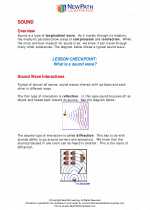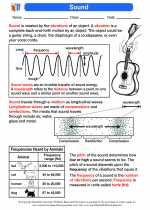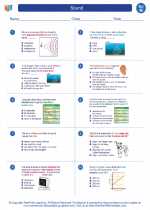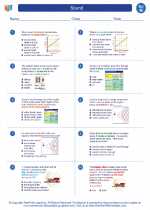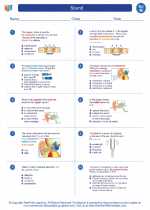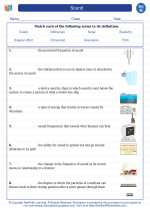Viscosity
Viscosity is a measure of a fluid's resistance to flow. It is a property that describes the thickness or stickiness of a fluid. The higher the viscosity of a fluid, the slower it flows. Viscosity is an important property in various fields such as physics, engineering, and biology, as it affects the behavior of fluids in different contexts.
Factors affecting viscosity:
- Temperature: Generally, as the temperature of a fluid increases, its viscosity decreases. This is because the molecules in the fluid gain energy and move more freely, reducing the resistance to flow.
- Molecular size and shape: Fluids with larger and more complex molecules tend to have higher viscosities as the molecules can get tangled or interact with each other, impeding flow.
- Pressure: In some cases, an increase in pressure can lead to an increase in viscosity, especially in gases.
Measuring viscosity:
Viscosity is typically measured using a viscometer, which is a device that applies a force to the fluid and measures the resulting deformation or flow. There are different types of viscometers, such as capillary viscometers, rotational viscometers, and falling ball viscometers, each suitable for different types of fluids and measurement conditions.
Applications of viscosity:
Understanding viscosity is crucial in various industries and fields, including:
- Manufacturing and quality control of paints, inks, and coatings
- Design and maintenance of lubricants for machinery and engines
- Food and beverage production, where viscosity affects the texture and flow of products
- Biological systems, such as blood flow in the human body
Study Guide
Key Concepts:
- Definition of viscosity
- Factors affecting viscosity
- Measurement of viscosity
- Applications of viscosity
Key Questions:
- What is viscosity and why is it important?
- How does temperature affect the viscosity of a fluid?
- What are the different methods for measuring viscosity?
- Give examples of how viscosity is important in different industries.
Activities:
- Conduct an experiment to compare the viscosity of different liquids at varying temperatures.
- Research and present a case study on the importance of viscosity in a specific industry or application.
- Visit a manufacturing facility or laboratory to observe how viscosity is measured and controlled in a real-world setting.
